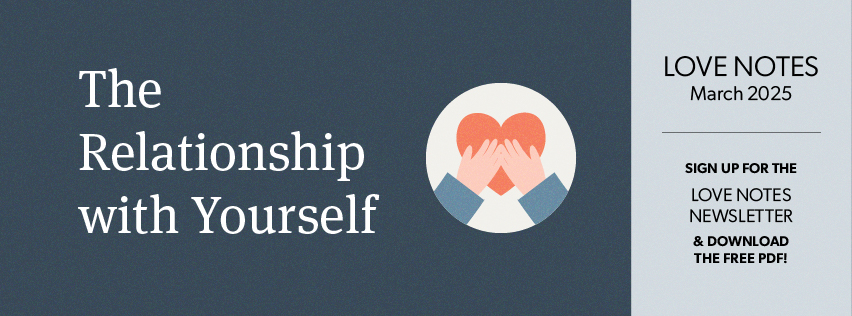If you lower your expectations, the argument goes, then you won’t be disappointed by your partner.
Is this advice really helpful? Dr. Donald Baucom, a psychology professor at the University of North Carolina, studied marital expectations for a decade. He found that people get what they expect. People with low expectations tend to be in relationships where they are treated poorly, and people with higher expectations tend to be in relationships where they are treated well.
By having high (but still realistic) standards, you are far more likely to achieve the kind of relationship you want than you are by looking the other way and letting things slide.
The “Good Enough” Relationship
I encourage couples to strive for the “good enough” relationship, which sounds like settling for less than best. Isn’t that contrary to Baucom’s research findings on marital expectations?
Allow me to explain.
In a good enough relationship, people have high expectations for how they’re treated. They expect to be treated with kindness, love, affection, and respect. They do not tolerate emotional or physical abuse. They expect their partner to be loyal.
This doesn’t mean they expect their relationship to be free of conflict. Even happily married couples argue. Conflict can be productive because, when handled in healthy ways, it leads to greater understanding.
Solvable & Unsolvable Problems
We should not expect to solve all our problems in the relationship, either. My Love Lab studies found that almost ⅔ of relationship conflict is perpetual. As Dr. Dan Wile says, “When choosing a long-term partner… you will inevitably be choosing a particular set of unsolvable problems.”
It’s unrealistic to expect a relationship to heal childhood wounds, or to become a pathway to spiritual enlightenment or self-actualization. Eli Finkel, a psychology professor at Northwestern University, encourages couples to “recalibrate” their marital expectations for these existential needs.
Strengthen your Foundation
In our empirically-based theory, the Sound Relationship House, we describe what couples in the good-enough relationship do and have. These partners are good friends. They honor one another’s dreams, even if they’re different. They trust one another, and can manage conflict constructively. That means they can arrive at mutual understanding and get to compromises that work. And they can repair effectively when they hurt one another.
Expect that. You deserve it. It’s not unreasonable, and it’s achievable.
Research-based Resources
How can you know you’re in a happy relationship that’s both good for your health and everyone around you? Take this quiz and find out how well you know your partner.
The Gottman Relationship Adviser, the world’s first complete relationship wellness tool for couples, takes the guesswork out of improving your relationship. Measure your relationship health with a research-based self-assessment, then receive a tailored digital relationship plan proven to heal and strengthen your connection.
For an in-depth analysis of your relationship health check out the Gottman Assessment, a virtual relationship evaluation tool for couples.
Sign Up and Start Your Relationship Transformation
Subscribe to Gottman Love Notes and get the latest on relationships, therapy, and much more from the experts. Receive a free couples exercise and access to special pricing on Gottman products every month.











